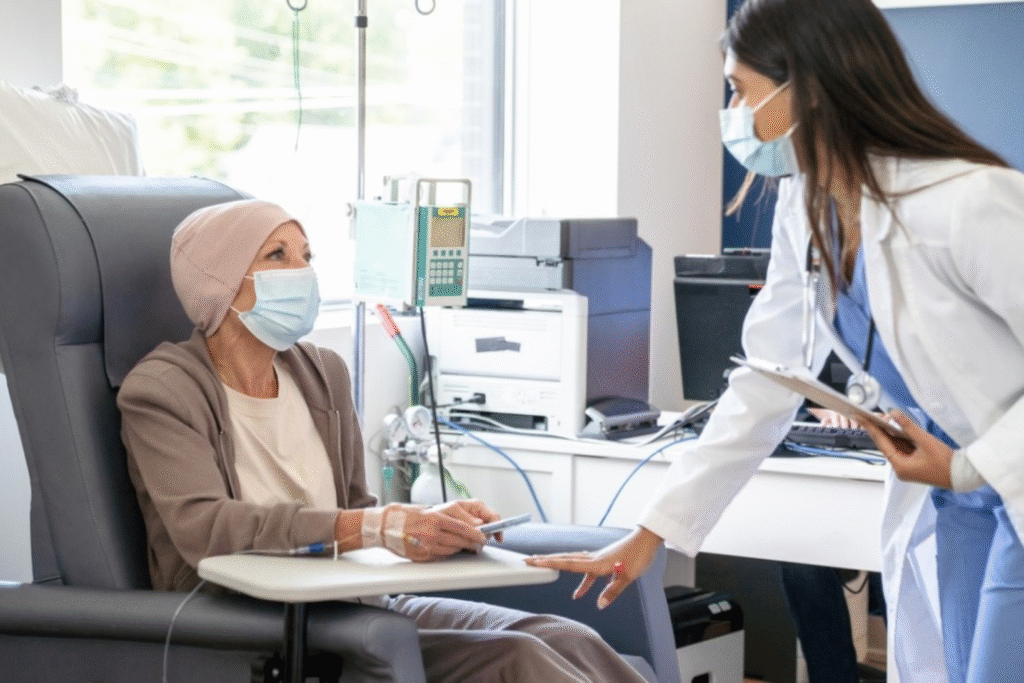
Homeopathy is another alternative treatment that some cancer patients consider. But is it effective? In this blog, we take a closer look at the role of homeopathy in cancer care and whether it’s a viable option.
What is Homeopathy?
Homeopathy is a system of medicine based on the principle of treating “like with like,” using highly diluted substances to stimulate the body’s healing response.
Homeopathy in Cancer Care:
- Symptom Relief: Homeopathic remedies are sometimes used to alleviate symptoms like pain, nausea, and fatigue during cancer treatment.
- No Cure for Cancer: It’s important to note that homeopathy is not a cure for cancer. It may help manage side effects but does not treat the underlying disease.
- Individualized Treatment: Homeopathic treatment is highly individualized, and remedies are chosen based on the patient’s unique symptoms and needs.
What to Consider:
- Consult Your Oncologist: Always inform your doctor about any homeopathic treatments you’re considering.
- Use as Complementary Therapy: Homeopathy should be viewed as a complementary therapy, not a substitute for conventional cancer treatments.
Key Takeaways:
- Homeopathy can help alleviate cancer treatment side effects but is not a cure.
- Always consult with your oncologist before trying homeopathic remedies.
- Use homeopathy as a complementary therapy, not a replacement for medical treatment.
- Homeopathy is individualized, and treatments vary by patient.
- Effectiveness is not scientifically proven for cancer treatment, so approach with caution.
Disclaimer: This blog provides general information and is not a substitute for medical advice. Always consult with your healthcare provider before starting homeopathic treatments.











